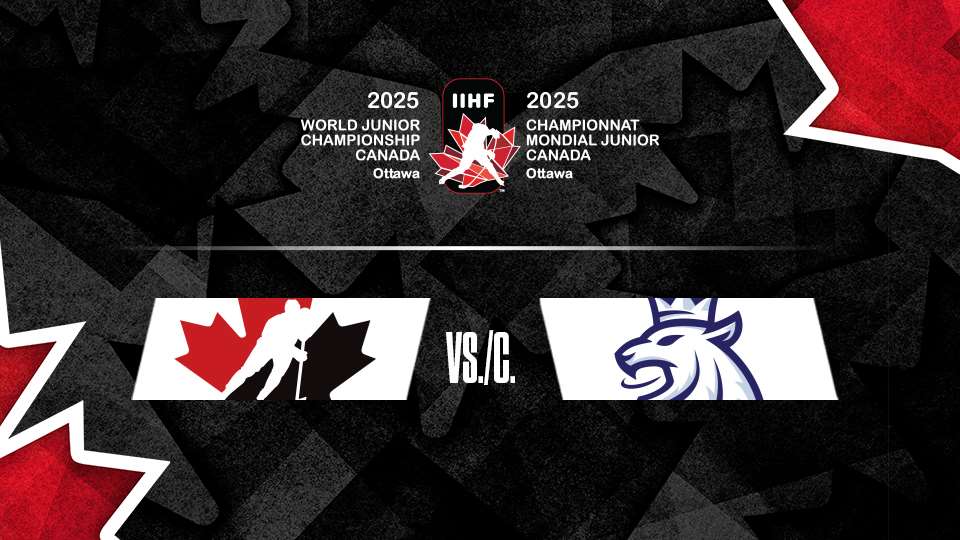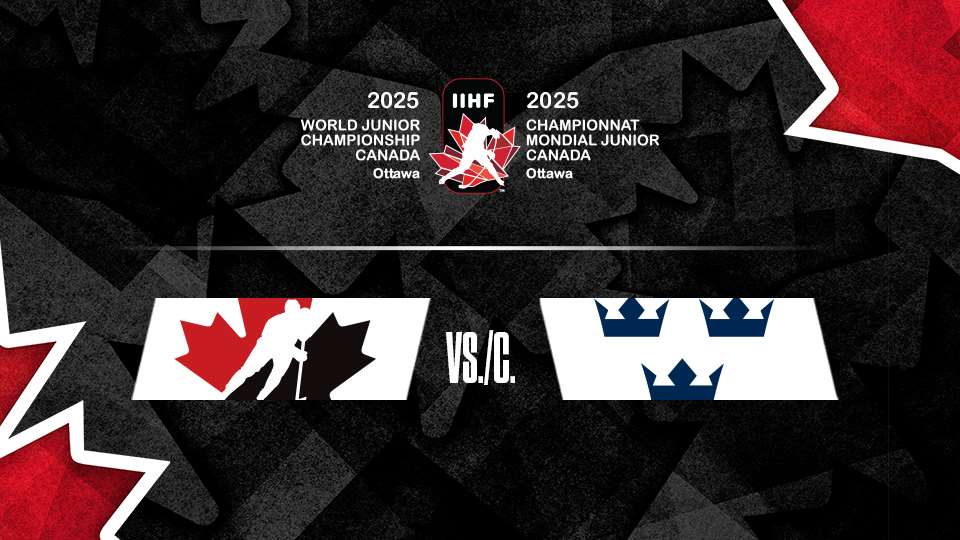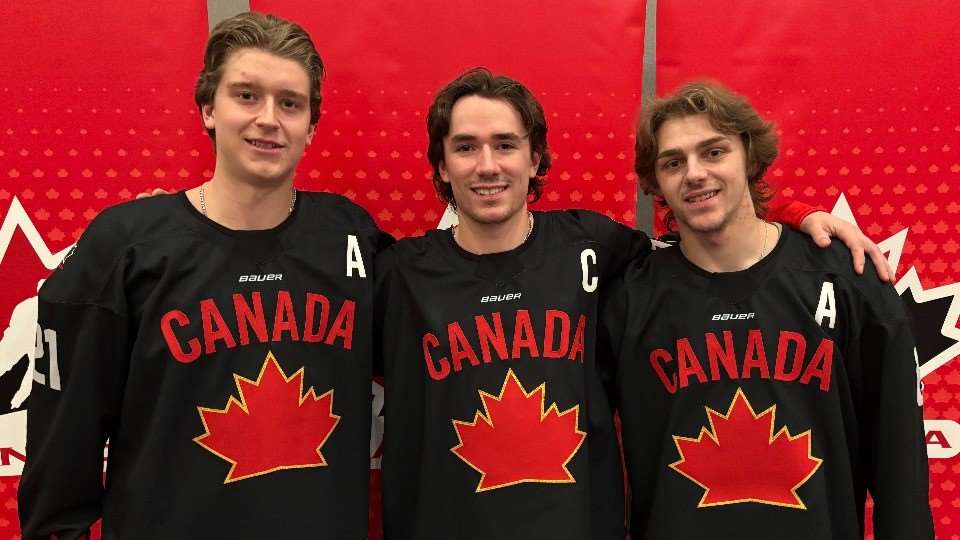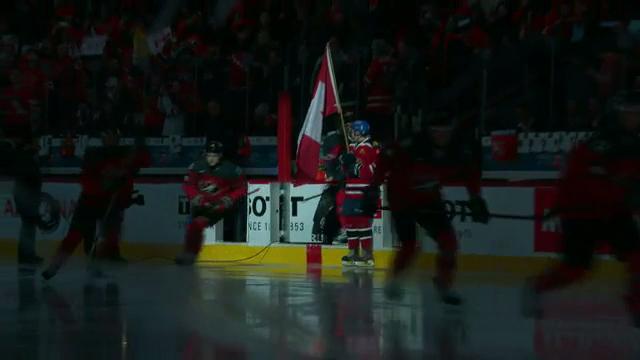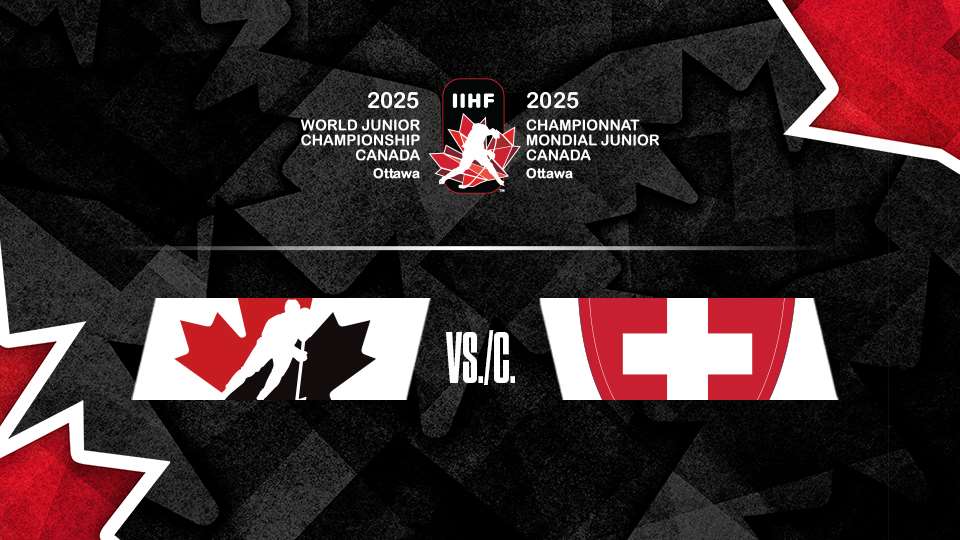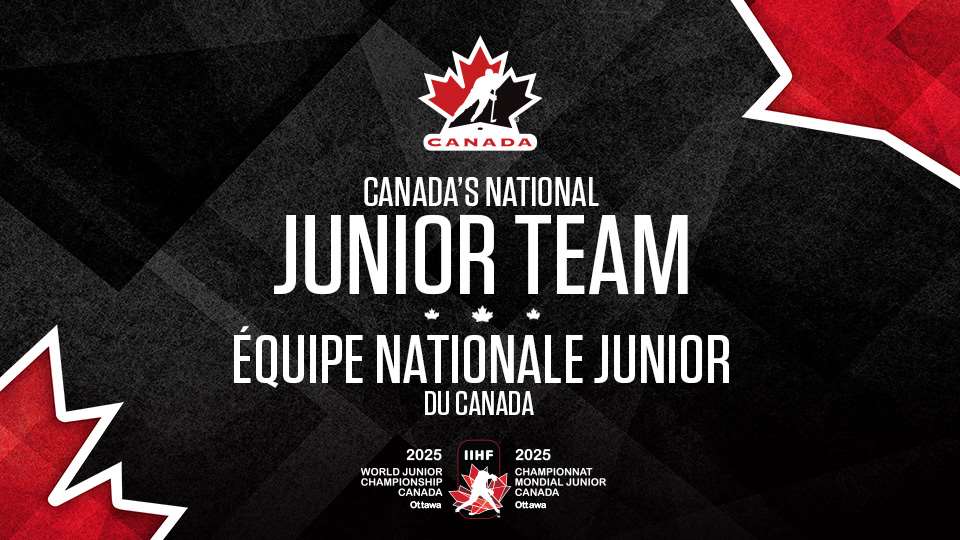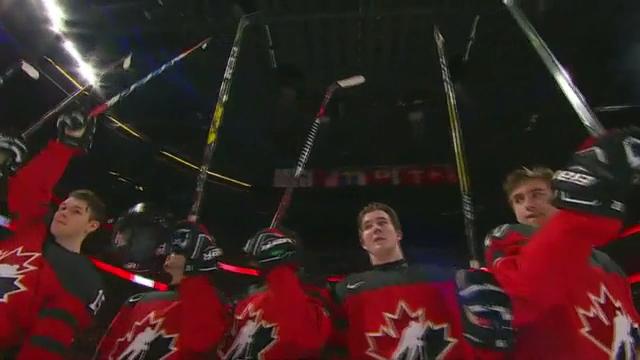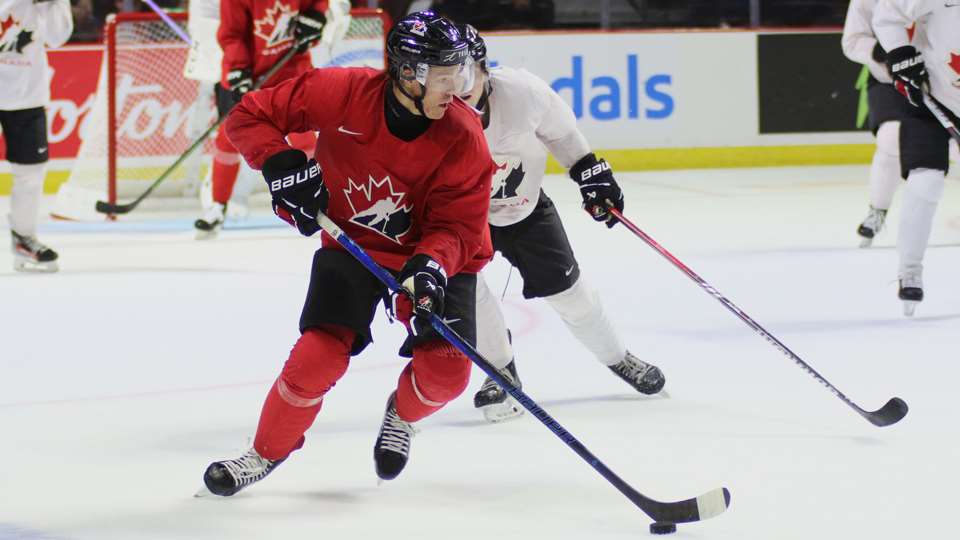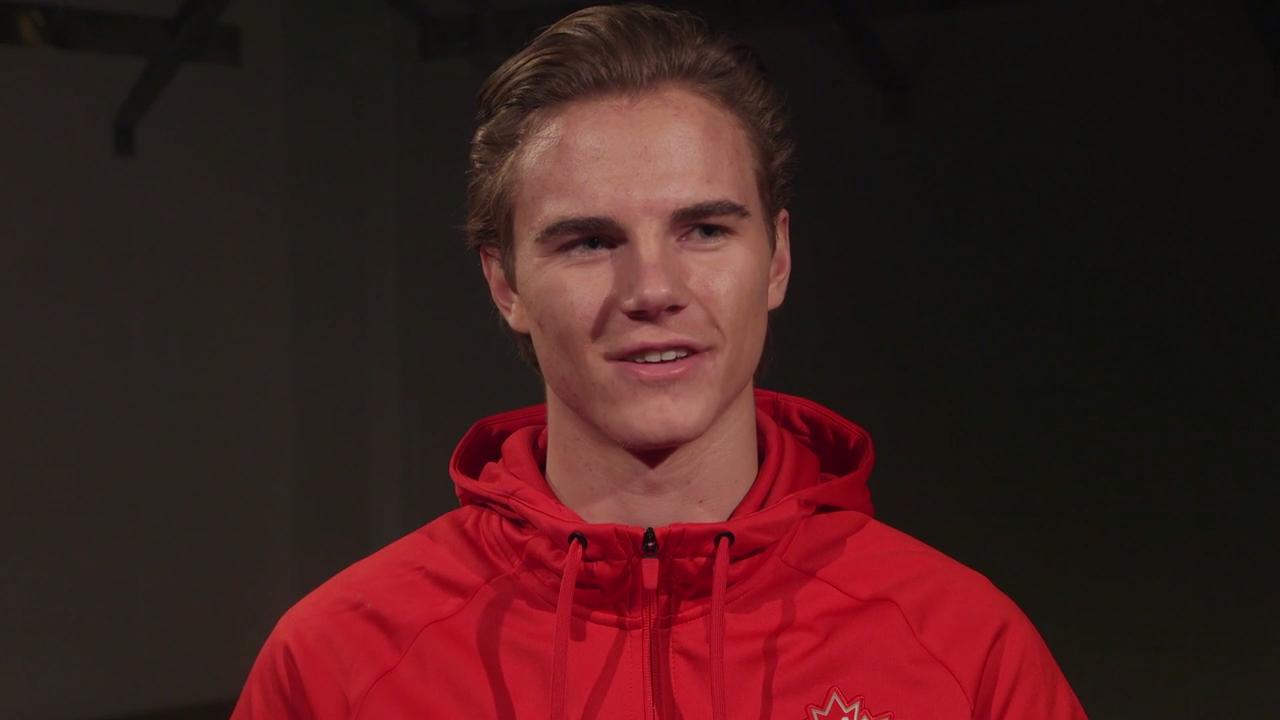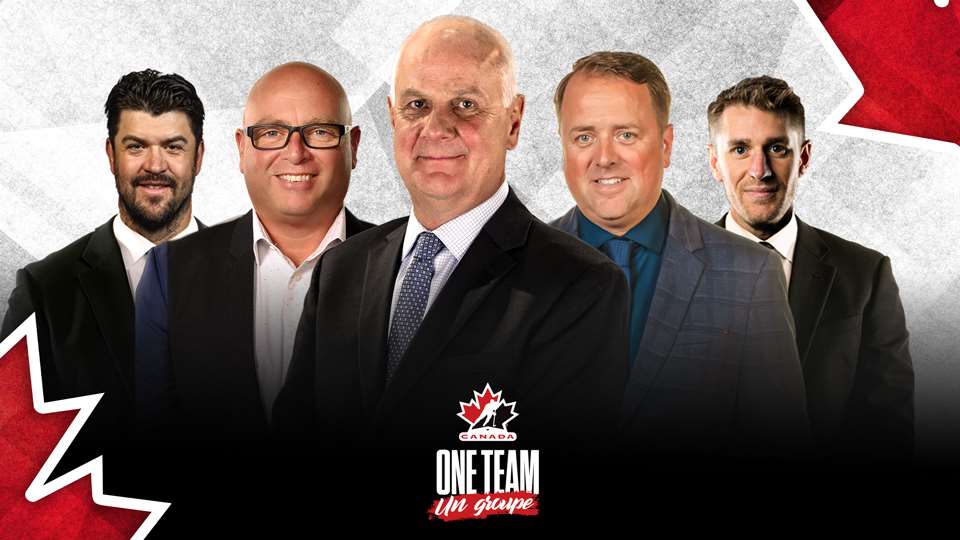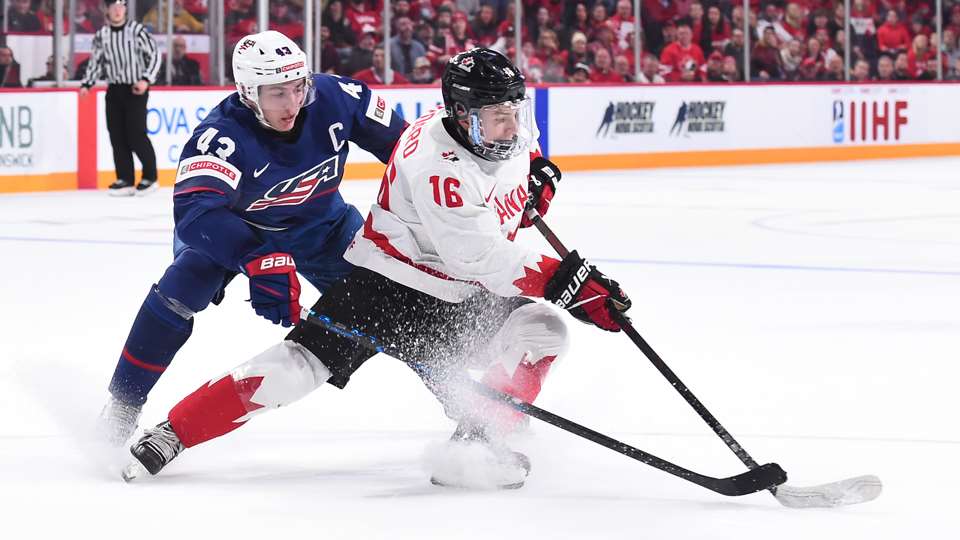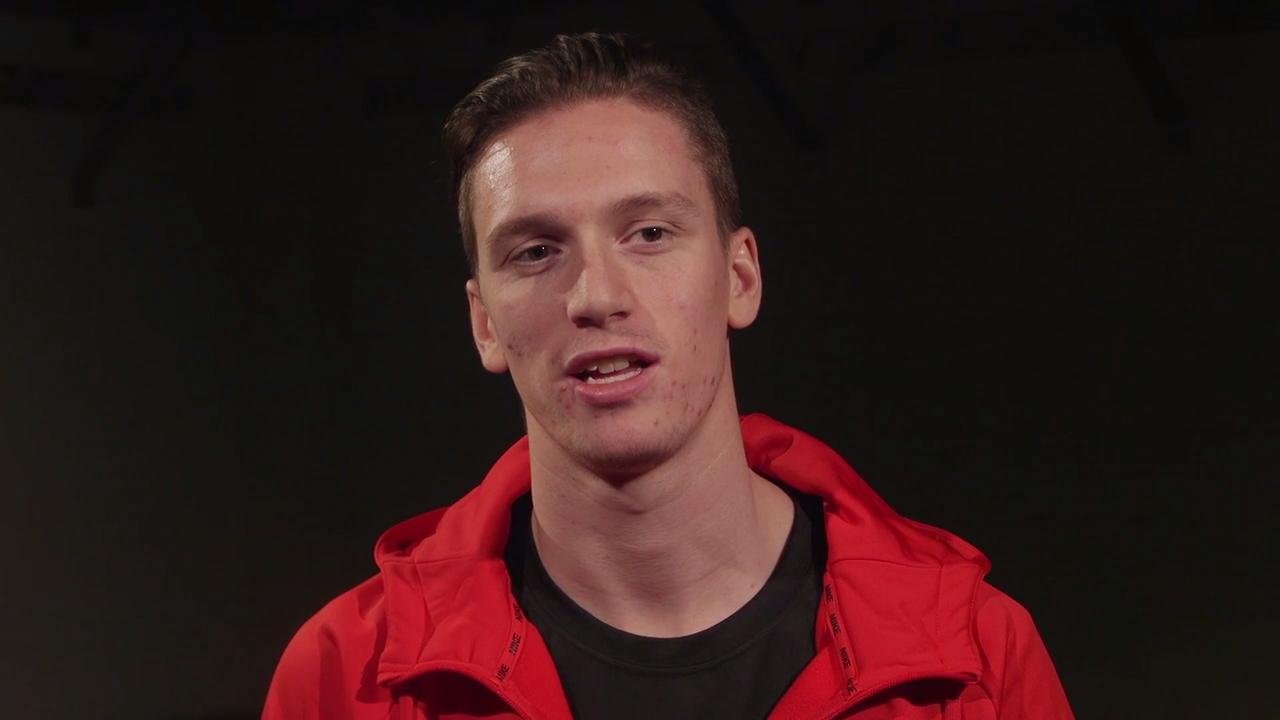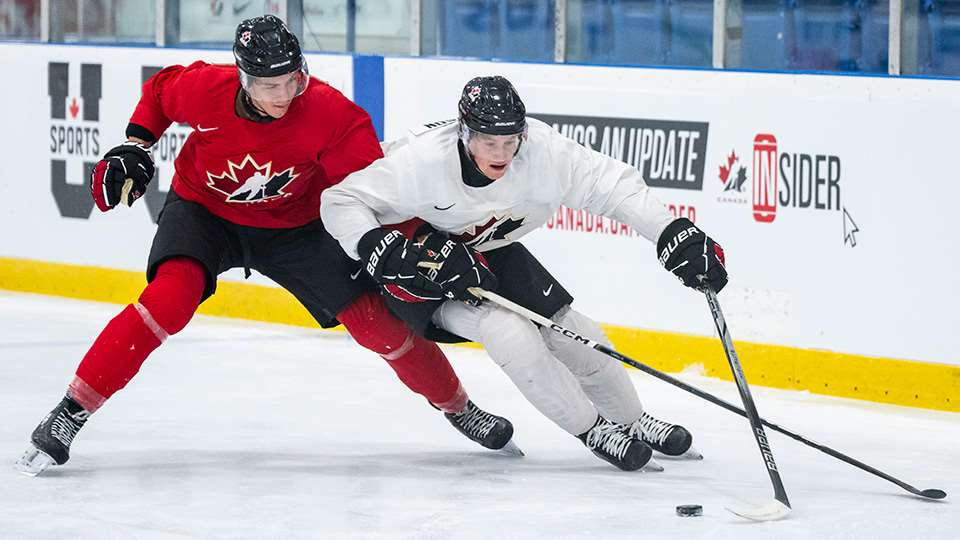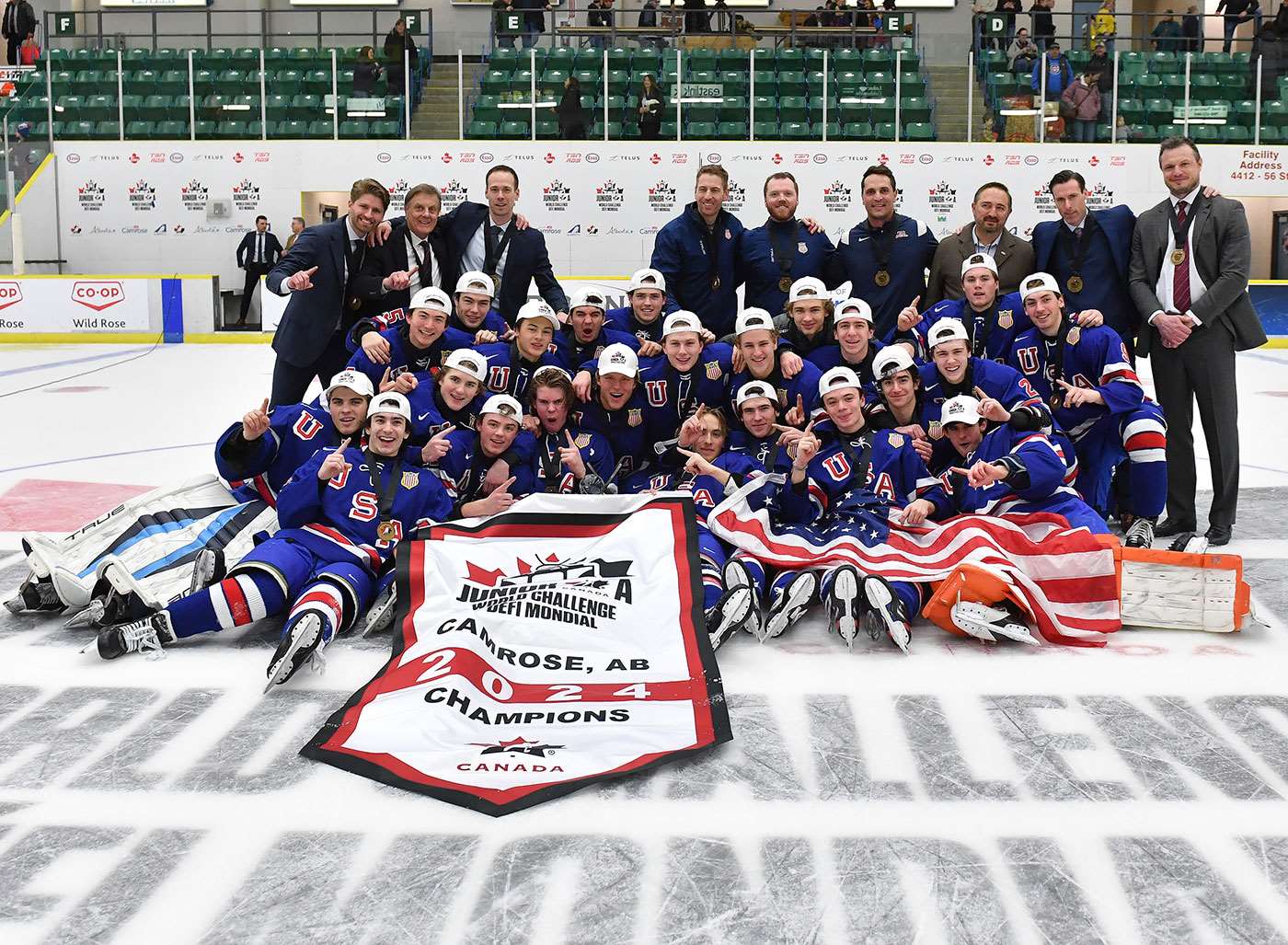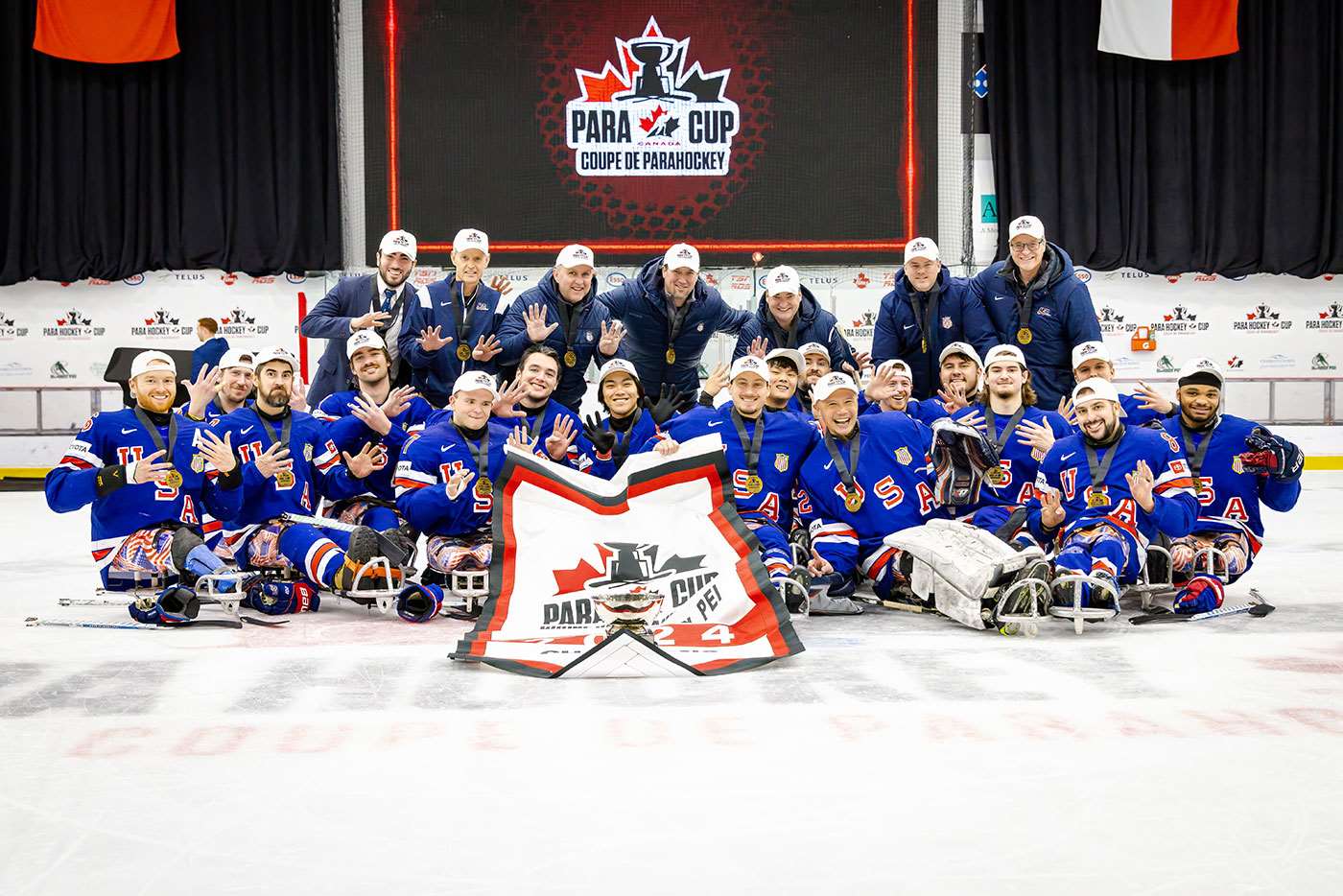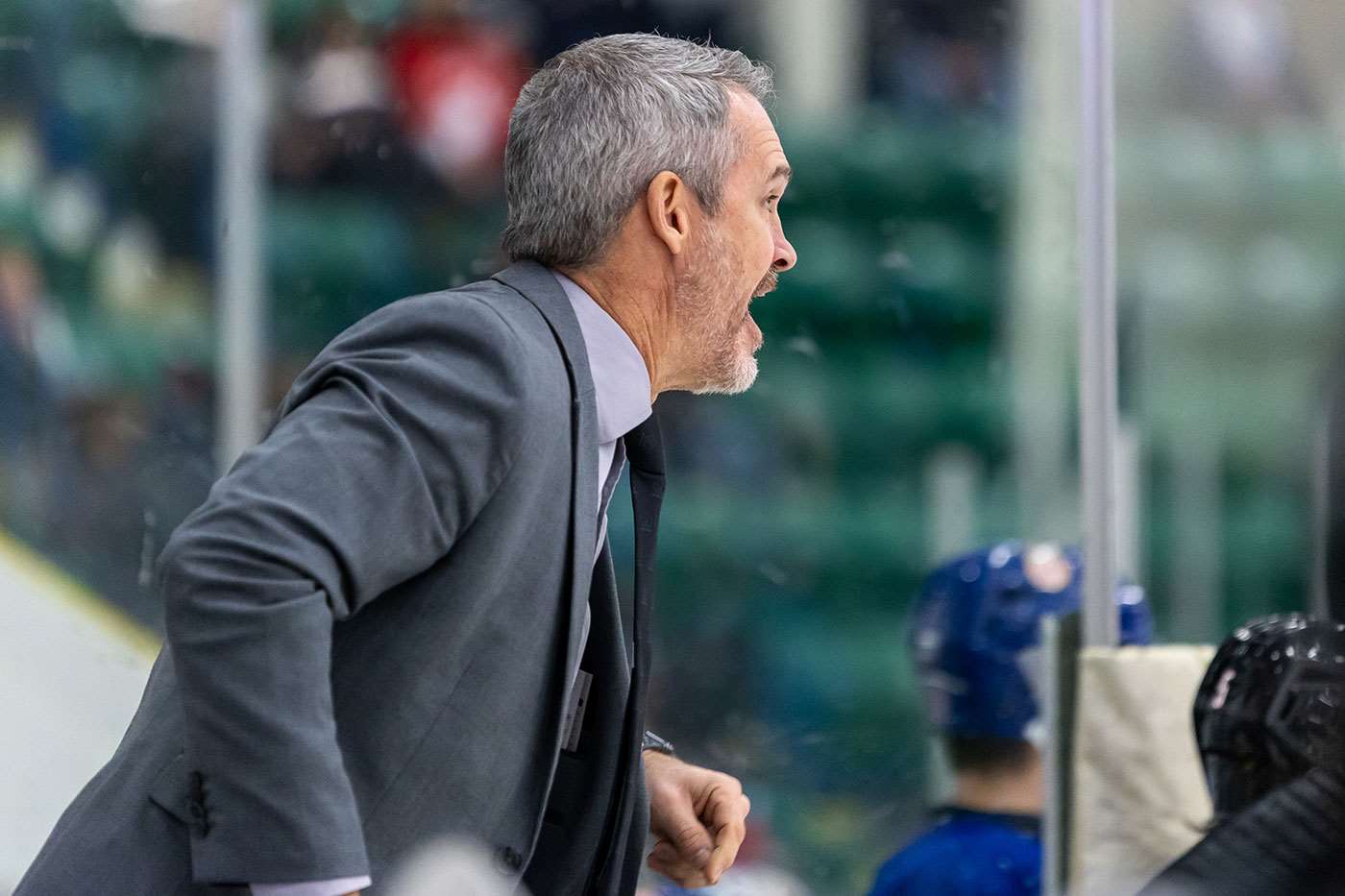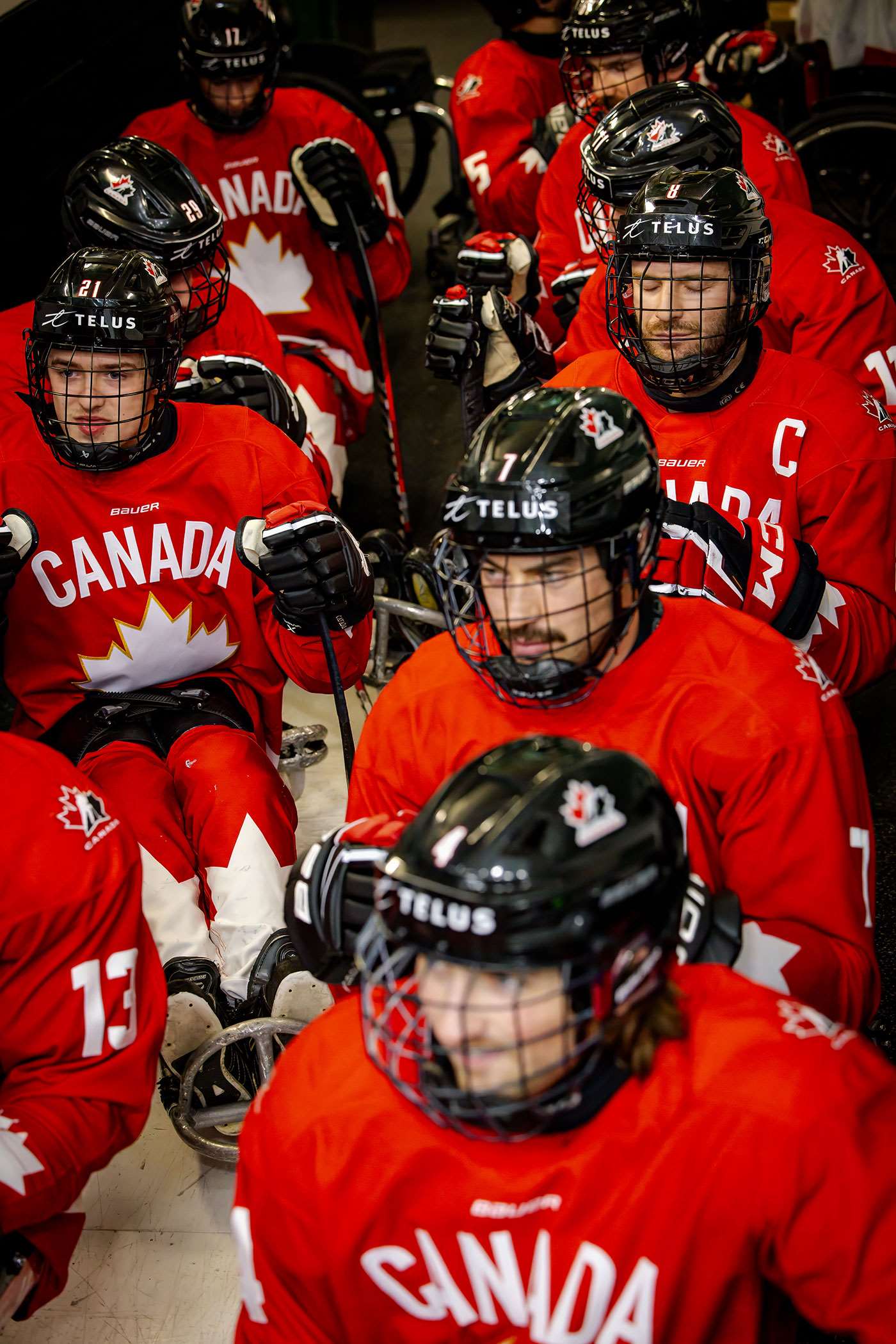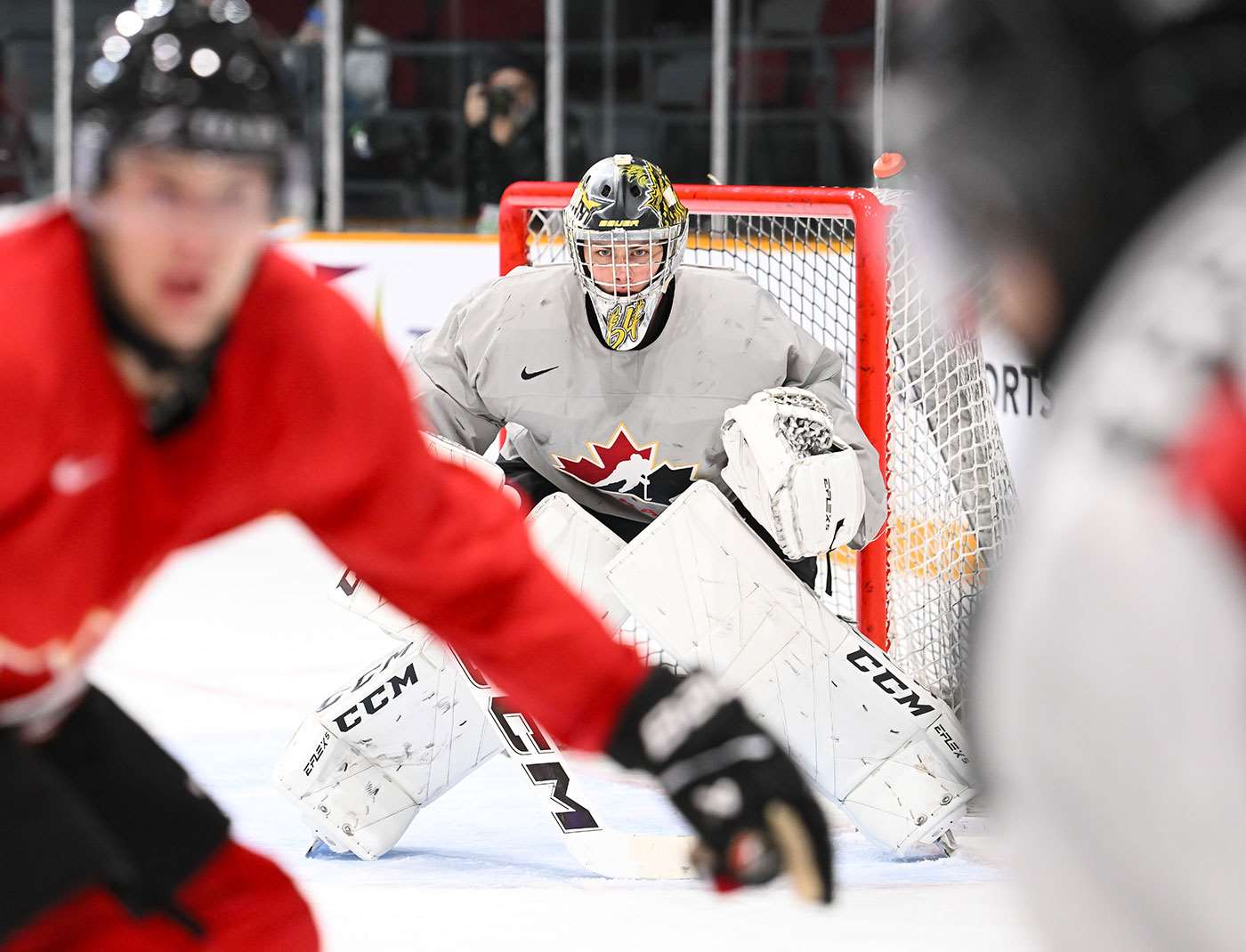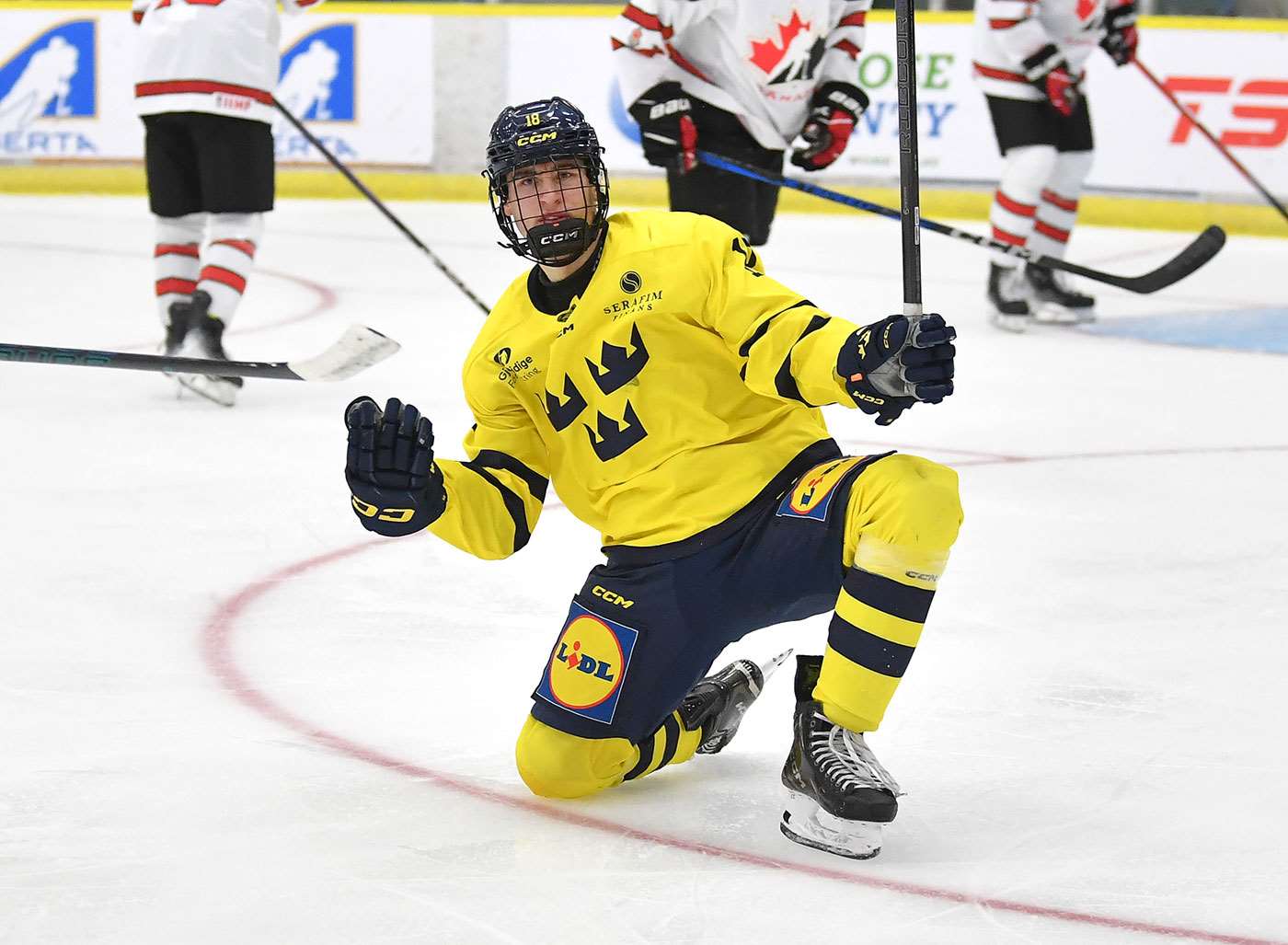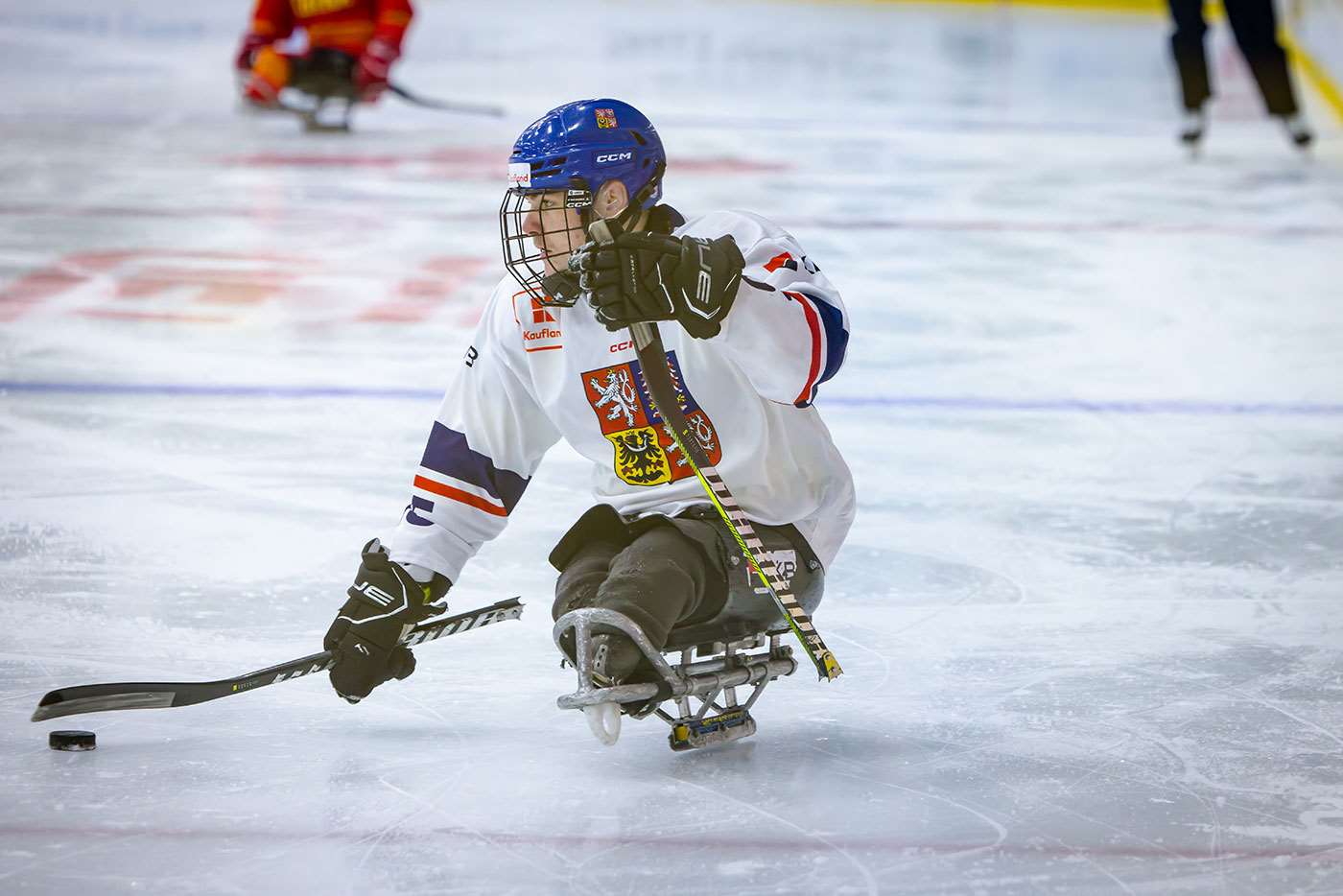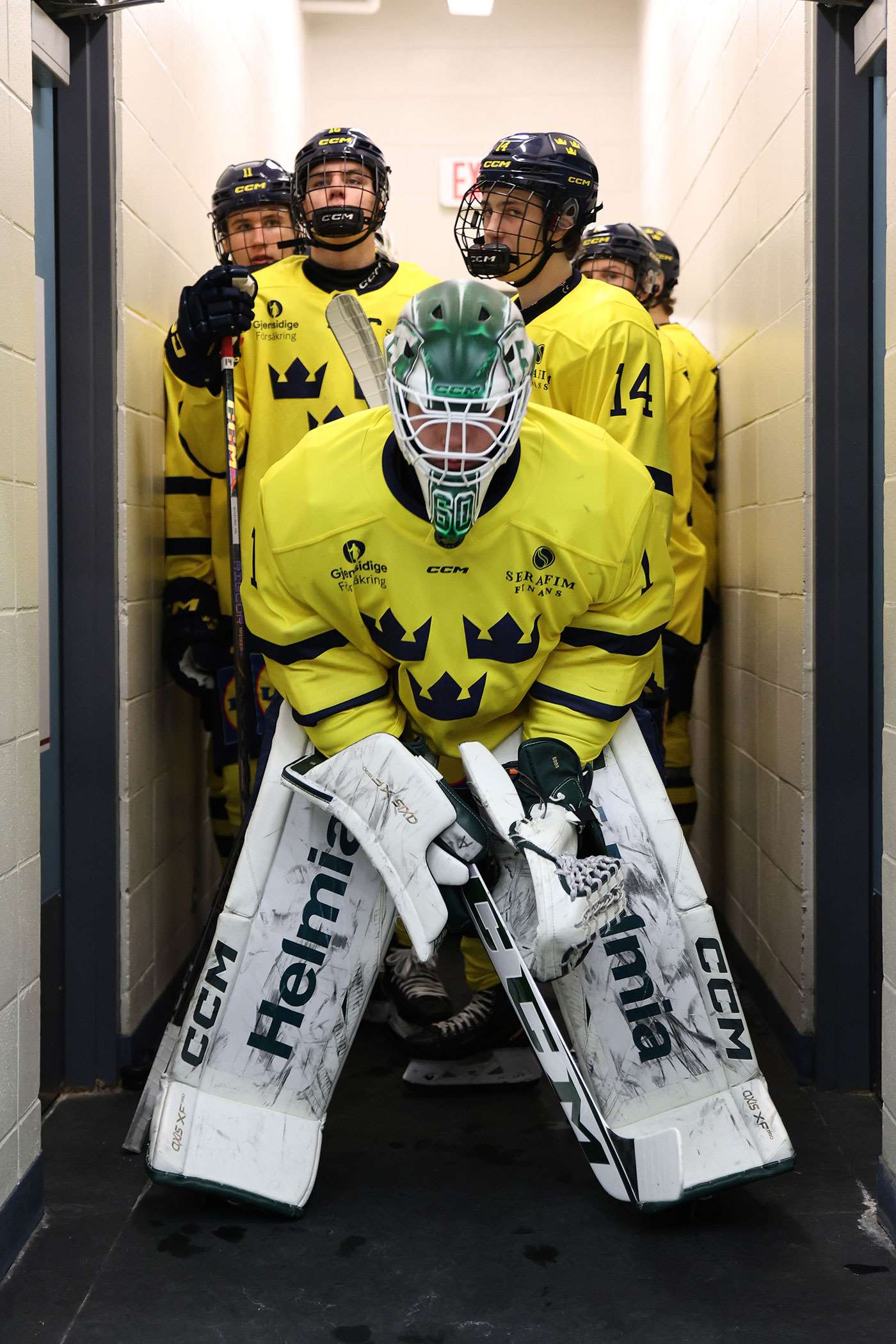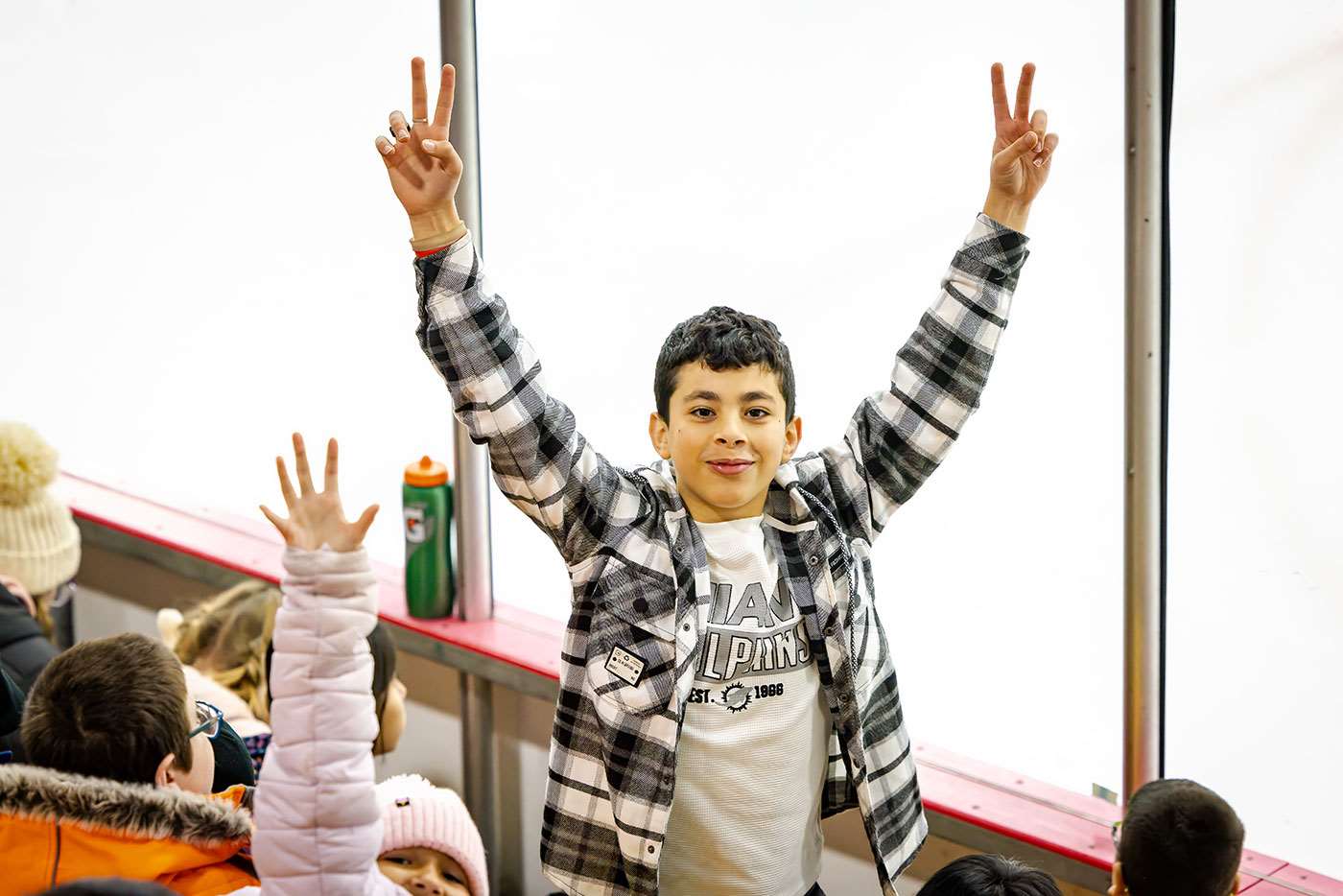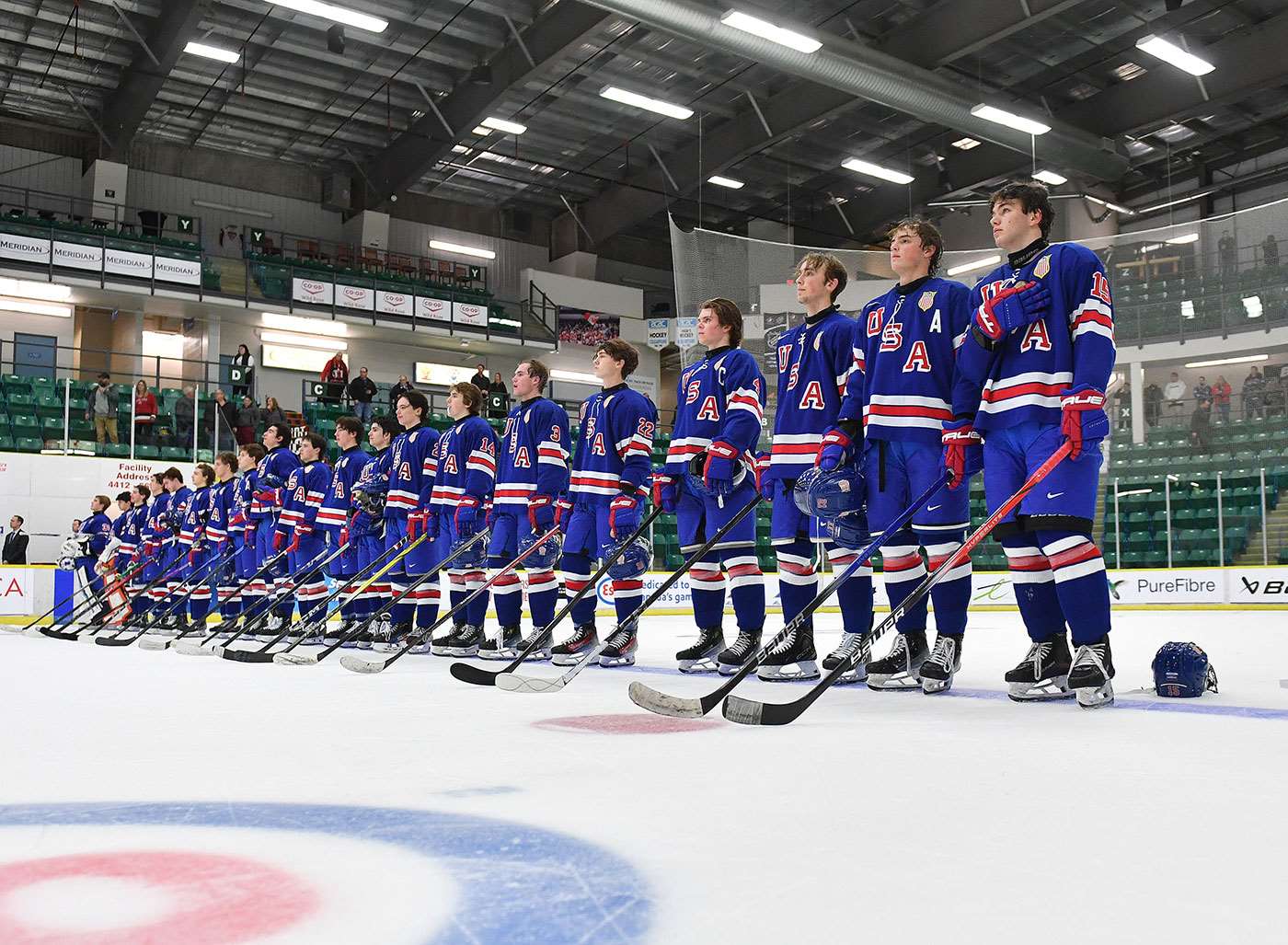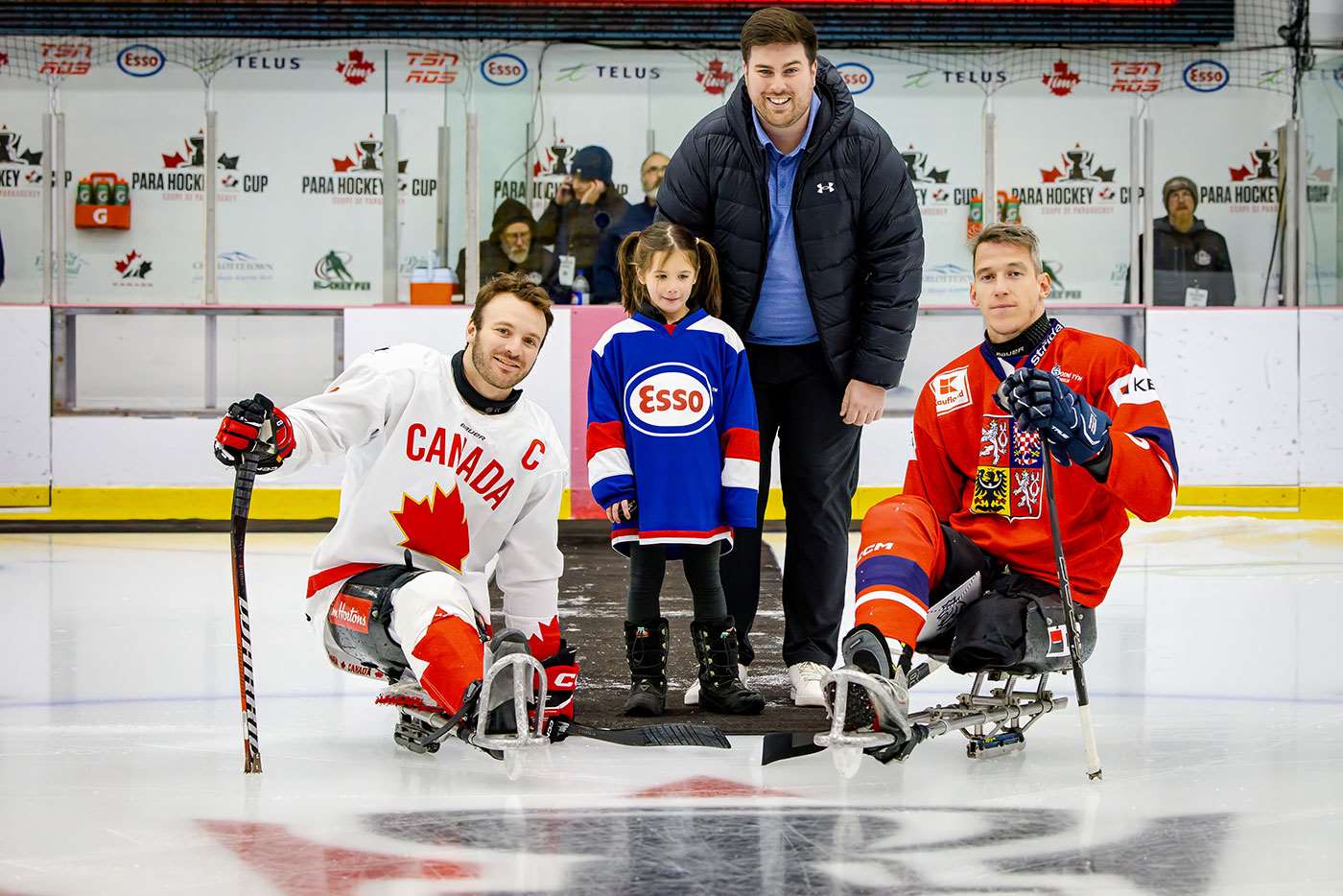
Schedule
Team Canada (Men)
IIHF World Junior Championship | Dec. 26, 2024-Jan. 5, 2025
Spengler Cup | Dec. 26-31, 2024
4 Nations Face-Off | Feb 12-20, 2025
IIHF U18 World Championship | April 23-May 3, 2025
IIHF World Championship | May 9-25, 2025
U17 World Challenge | Nov. 3-9, 2024
Hlinka Gretzky Cup | Aug. 5-10, 2024
Junior A World Challenge | Dec. 9-15, 2024
National Junior Team vs. USPORTS | Dec 12-13, 2024
Search
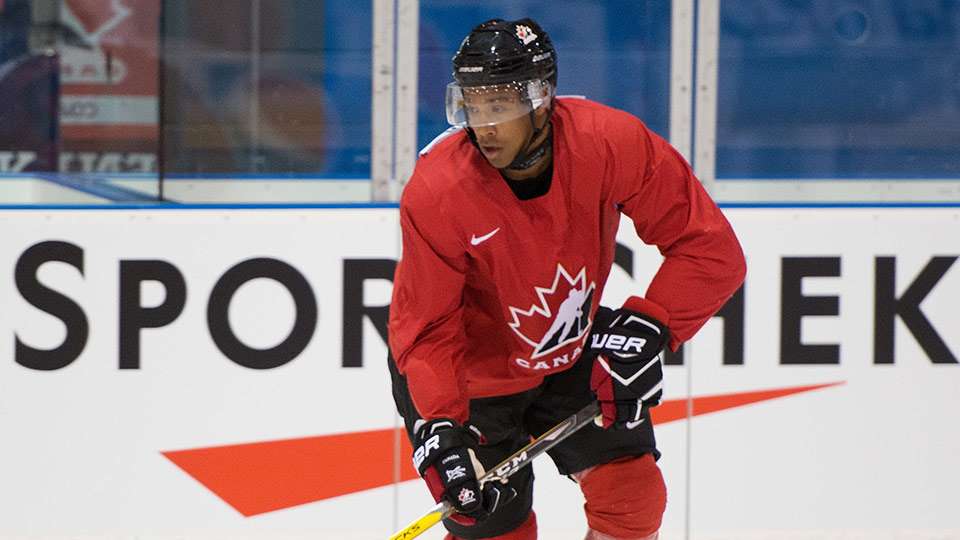
A father-son field of dreams
A summer stint as a batboy gave Keegan Kolesar an early glimpse at life as a high-level athlete

For a nine-year-old boy, spending every day being take out to a ballgame by his dad may be the most perfect summer ever.
But for Keegan Kolesar the summer of 2006 was less about peanuts and crackerjacks and more about picking up bats and supplying snacks, where every day was take-your-kid-to-work-day, a situation that suited both Kolesar and his dad, Charles Peterson, just fine.
Peterson played for the Kansas City T-Bones of the Northern League, the last stop on a 14-year professional career that took the outfielder/first baseman through 13 stops in three countries.
“Being a player you’re gone all the time so you want to find ways to be with your kids as much as you can,” says Peterson, a first-round selection of the Pittsburgh Pirates in the 1993 MLB Draft. “He was always comfortable around the players when I would bring him in the clubhouse, so I decided that my last year playing he would be the batboy.”
The duo would arrive at the ballpark in the morning, change into their uniforms and spend upward of 11 hours together. When time allowed, an extra hitting or throwing session would be squeezed in, just the two of them.
As busy as the team kept Kolesar filling water bottles and tending to odds and ends around the clubhouse, he kept the players on their toes, as well.
“Most of the time he was responsible for going to get pre-game meals,” says Peterson, who married Kolesar’s mom, Corrinne, when Keegan was one. (The two have since divorced.) “He would never bring the change back. If it cost $10 and you gave him $20, you paid $20 for it, for sure.”
In his first game as batboy, the team put him down the right field line. Soon he was signing autographs.
“I still don’t know how he ended up doing that,” says Peterson. “He really felt like he was a true part of the team. He was a pro from the beginning.”
As much fun as was had, the time also proved to be a learning ground for Kolesar, now a forward with the Seattle Thunderbirds of the Western Hockey League. The long bus rides, the ups of a good game, the downs of a bad game, the media…he saw everything up close and learned how to handle it all at an early age by watching his dad and his teammates.
“At the time you don’t really think about the mental side of it,” says Kolesar, “but looking back now they prepared every day and never took a day off. Every day they took advantage of getting better.”
Peterson is now a scout for the St. Louis Cardinals. He admittedly knows little about hockey – “I’m the parent that gets on everybody’s nerves asking questions about what’s going on because I’m still learning the game myself,” he says, laughing – but was an invaluable resource to Kolesar during his draft year last season.
“He goes over the mental side of the game with me more than anything and helps me stay level-headed when things get tough,” says Kolesar, who was taken in the third round by the Columbus Blue Jackets. From the time Kolesar was six years old, Peterson stressed controlling the controllables. “I was fortunate to have him on my side during my draft year. He said guys who like you will like you and guys who don’t won’t, so just play your game.”
(Kolesar recently reconnected with his biological father, K.D. Williams, a former linebacker in the CFL and NFL, for the first time in 15 years. Talking sports in general helped create a bond, and Williams, too, shared his knowledge on the mental aspects of a game.)
Kolesar is one of 41 players at Hockey Canada’s National Junior Team Sport Chek Summer Development Camp. It’s his first time participating with Hockey Canada’s Program of Excellence since the January 2014 World Under-17 Hockey Challenge, where Kolesar was an alternate captain for Team West.
After getting into one game during the 2012-13 season with Seattle, Kolesar has been a steady presence in the Thunderbirds’ lineup. Over the past three years, he’s seen his role evolve. As a rookie, he played fourth-line minutes. Now, he’s counted on in every situation, to provide not only offence but also a physical presence that makes opposing players uncomfortable.
His points have significantly jumped every season – from eight to 38 to 61 – and in Seattle’s run to the WHL championship series last spring, he was nearly a point-per-game player.
The belief he’s had in himself has been building long before joining the Thunderbirds.
At age 10 Kolesar was cut from his team and sat out the season. He returned the following year and progressively got better. Two years later he was the captain of his Bantam team.
“After my [age] 13 year, I thought maybe I could go [somewhere] with this.”
The biggest jump may have come last season, in no small part to lessons forged a decade ago in a ballpark in the American Midwest.
“I think I play a more complete game [now],” he says. “The main focus I put on myself was being more consistent and being an all-around player. You can’t take a shift off – every shift matters and just bringing that consistent level every shift, every game.”
For more information: |
- <
- >

















